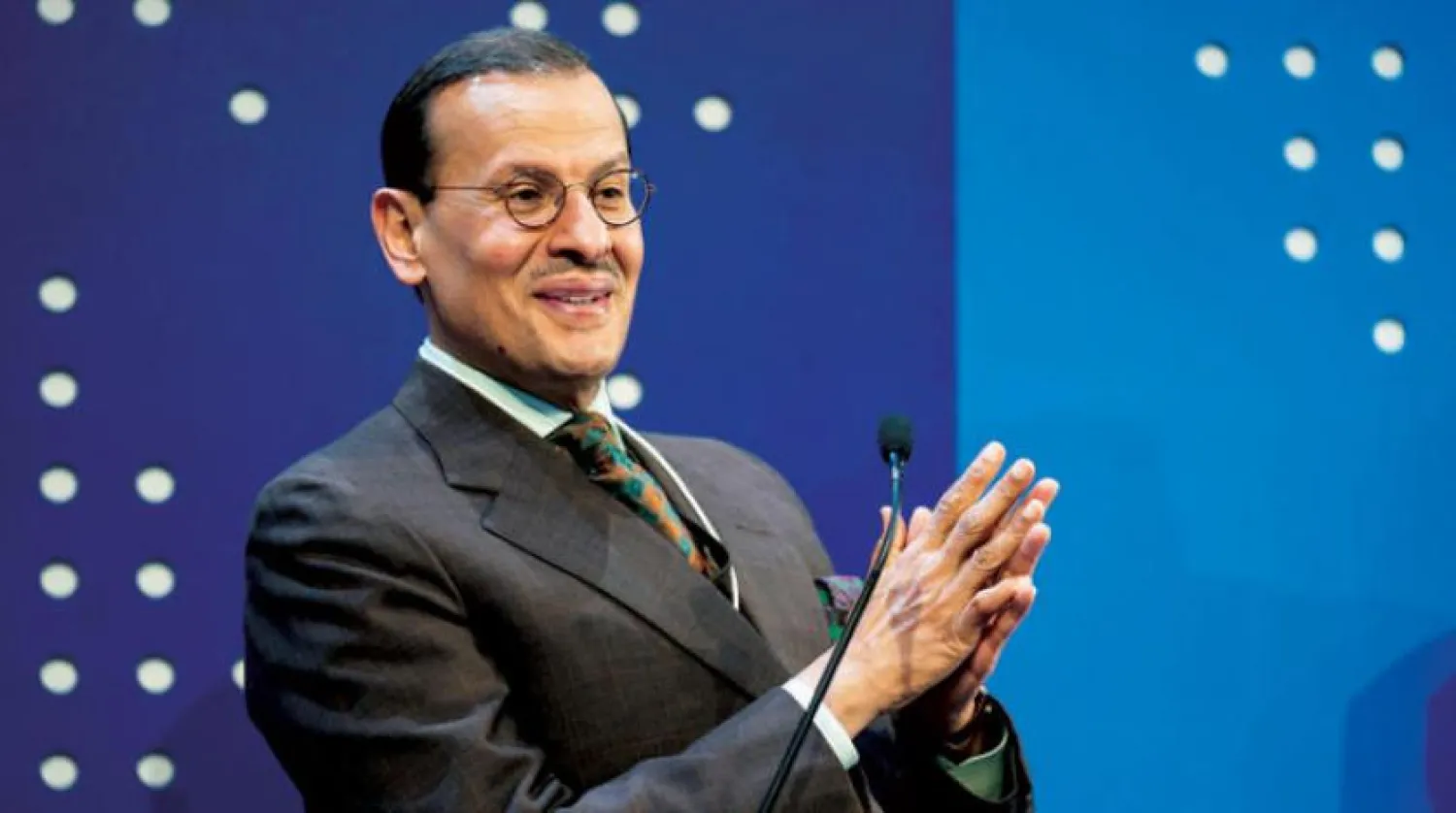Climate change issues and geopolitical dilemmas cast their effects on energy market estimates discussed at the World Economic Forum (WEF) in Davos, Switzerland.
For his part, Saudi Energy Minister Prince Abdulaziz bin Salman mounted a strong defense of the Kingdom’s record on climate change and clean energy production at a special event during the annual WEF meeting.
On a panel titled, “The Future of Fossil Fuels,” with other energy industry leaders, the prince told delegates that Saudi Arabia was a “pioneer” in many areas of clean energy production and usage and that it had taken big steps toward diversifying its energy mix.
The minister pointed out that Saudi Arabia is racing against all international developments in this regard, as it adopts circular economy systems and recorded significant results in the energy efficiency project.
“We have reduced domestic consumption and the energy intensity of our economy by many percentage points. We are converting cars to be more efficient, as well as other gadgets, to be more efficient than any in the world. And we manufacture them too,” the minister said, adding that the kingdom is working to benefit from renewable energy projects.
“We are involved in a transformative effort to combat climate change. But we will preserve our liquids (crude oil) because we owe it to the world to export our liquids. We are converting our power sector and its energy mix to a point whereby 2030 I am confident we will become one of the top producers of solar energy and renewables,” he added.
“We’re also getting involved in nuclear because we want to have all our options open.”
On the other hand, Total CEO Patrick Pouyanné noted that that oil market demand was affected by the decline in demand from China, stressing that his company supports the policies set out by OPEC at a time the world is witnessing challenges including population growth, the increased need for energy sources and climate change.









